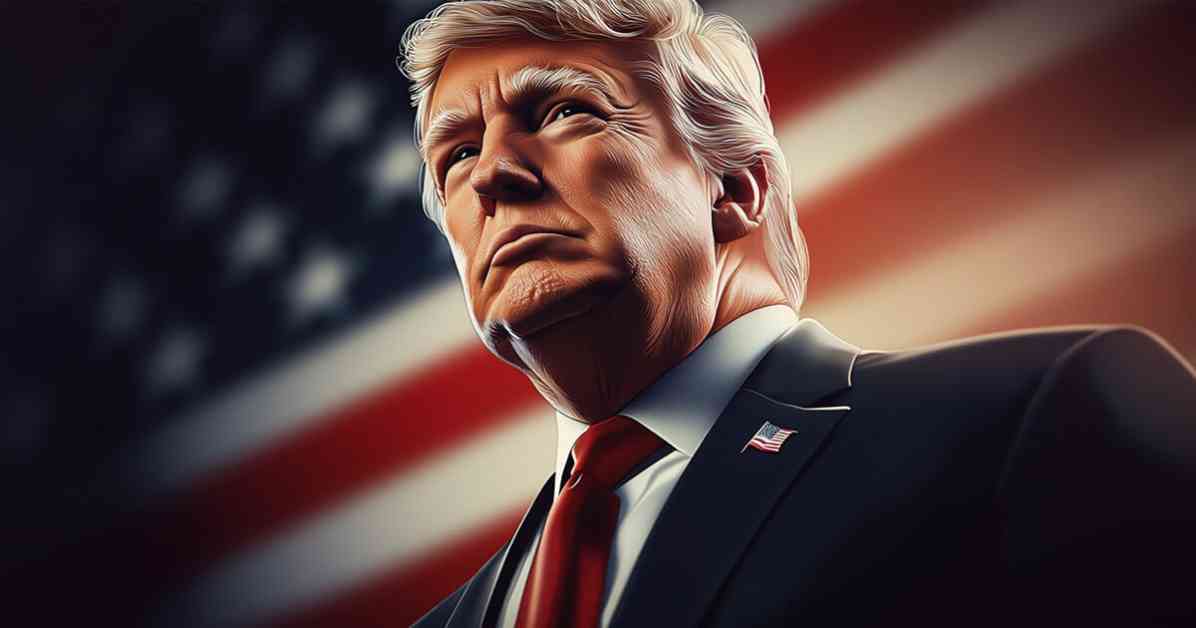President-elect Donald Trump has promised to shift the focus of government agencies away from policing cryptocurrency crimes towards areas like immigration law enforcement. This change in priorities means that fewer resources will be allocated to prosecuting crypto-related cases, according to current and former government lawyers.
Scott Hartman, co-chief of the securities and commodities task force at the U.S. Attorney’s Office in Manhattan, mentioned that the office will have fewer prosecutors working on crypto cases compared to previous years. This shift in priorities comes as part of Trump’s plan to realign policy at the Justice Department and regulatory agencies.
During the previous Trump administration, the Securities and Exchange Commission (SEC) under the leadership of Jay Clayton pursued a few crypto-cases, but was less aggressive compared to the current chair, Gary Gensler. Trump’s campaign promises included firing Gensler, although as the SEC is an independent agency, he does not have the authority to do so. However, Gensler’s term is set to end in July 2025, leaving room for potential changes in leadership.
In addition to the U.S. Attorney’s Office in Manhattan, the Commodity Futures Trading Commission (CFTC) is also expected to realign its priorities. The agency, which brought its first crypto case in 2015, has seen an increase in crypto-related cases over the years. Ian McGinley, CFTC enforcement director, mentioned that they will continue to be active in cases involving fraud and manipulation in crypto markets.
As Trump prepares to take office, his focus on immigration enforcement is likely to result in a shift in priorities for government agencies, with crypto enforcement taking a back seat. While this may impact the handling of ongoing cases involving crypto firms like Coinbase and Binance, the exact implications of these changes remain uncertain until new leadership is officially in place.














